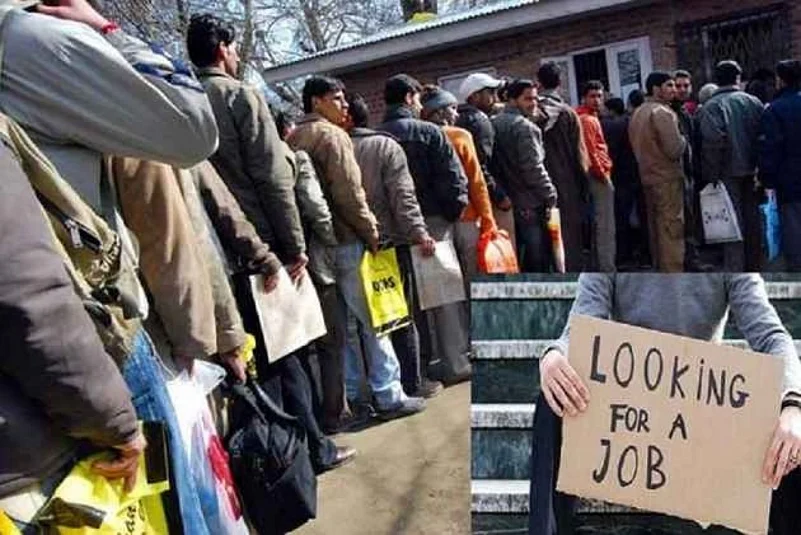The biggest challenge for Finance Minister Nirmala Sitharaman, who will present her maiden Union budget on July 5, is to bring back economy on track and create new jobs.
According to the Centre for Monitoring Indian Economy (CMIE), India’s unemployment rate stood at 8.1 per cent as on June 25. However, the government data released on May 30 claimed that 7.8% of urban youth were jobless in 2017-18, while for rural the number was 5.3%.
It will be interesting to see how the Finance Minister addresses these challenges when she delivers the Budget.
The rumour mill is rife with reports that the Centre will go on a hiring spree for government jobs which stand at around five lakh. Meanwhile, the industry is hoping that the government will give some relaxation to them to create more jobs in the private sector.
Speaking to Outlook, Kamal Karanth, talent specialist and co-founder of Xpheno says, “Jobs crisis in India could be arrested with three challenging tasks. First, there is a need to get amendments in land acquisition act cleared so that people find it easier to expand their shops and industry. This needs to be complimented with labour laws reforms. Big companies can create thousands of jobs, but I believe Micro, Small and Medium Enterprises (MSMEs) are the largest creators. They need liquidity especially after they were hurt with demonetisation and mostly by GST. Capital infusion through easing capital access would be one of the best ways to tackle job crisis.”
Industry body Confederation of Indian Industry (CII) is vetting for a National Employment Mission comprising flexibility in hiring, tax incentives and education along with skill development and National Employment Board to drive job creation.
The industry has also been lobbying for labour reforms and change in Industrial Dispute Act so that the provision of companies employing 100 or more permanent workers to seek prior permission of the government to lay off even a single worker can be raised to 300. They clarified that they are not asking for hire and fire policy but more flexible labour regime.
CII has also asked the Centre to think about “special preference” to the states that introduce fixed term employment and labour reforms. Such state government should be given priority in Central government infrastructure project funding.


























